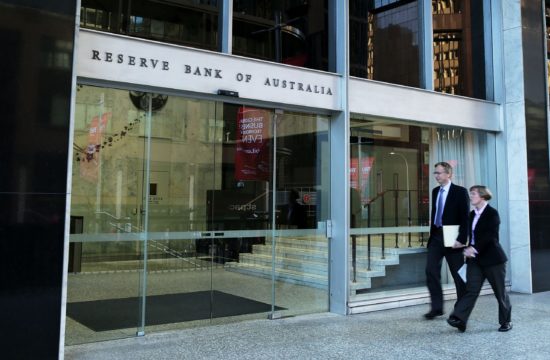‘Banco Central do Brasil’ (BCB) authorized the issuance of Real Estate Credit Bills (‘Letra de Crédito Imobiliário’ – LCI) by credit cooperatives. The new measure aims at allowing the cooperatives to raise funds to finance real estate credit through alternative instruments, as well as providing conditions to increase competition and the supply of financial products and services [BCB Circular Nr. 4,000/2020].
Specifically, the primary trading of LCIs will be restricted to the issuer´s own members, according to the rules of the National Cooperative Credit System (SNCC). The holding of LCI by non-members is not restricted given their free trading on secondary market. It is important to note that the LCI issuance by credit unions entails a positive impact on long-run credit supply, in addition to contribute to mitigate the effects of the Covid-19 crisis — by supporting the provision of credit in a context of market turbulence.
Agenda BC# – Fostering the financial cooperatives market
To foster the development of the cooperatives’ market, several measures have been implemented or are under development by the National Monetary Council (CMN) and BCB. The cooperatives fundraising through the issuance of LCI — a consolidated instrument — is in line with the Agenda BC#, under the Dimension ‘Inclusion’, which objective is to boost the cooperative system and, consequently, the competitiveness and efficiency of the National Financial System.
With the purpose of expanding the cooperatives fundraising alternatives, since 2019 credit unions can issue the Guaranteed Real Estate Bill (LIG) — the so-called Brazilian covered bond (‘Letra Imobiliária Garantida’). It is worth mentioning that foreign investment in LIG is authorized through depositary receipts [CMN Resolution Nr. 4,761/2019]. In 2019, the CMN also authorized cooperatives to raise rural savings deposits — aimed at funding the agribusiness industry — and to raise savings deposits to be partially invested in real estate credit. Specifically, these measures are in line with the Agenda BC#, under the Dimensions ‘Transparency’, ‘Inclusion’, and ‘Competitiveness’. Further details here.
Credit cooperatives and the Covid-19 crisis
In late March 2020, the cooperatives were allowed to not classify as ‘problem asset’ credit restructuring carried out up to September 30, 2020, as long as the renegotiation aims to extend the financing terms to companies and households [CMN Resolution Nr. 4,791/2020]. You may learn more on actions to face Covid-19 crisis by accessing here.














